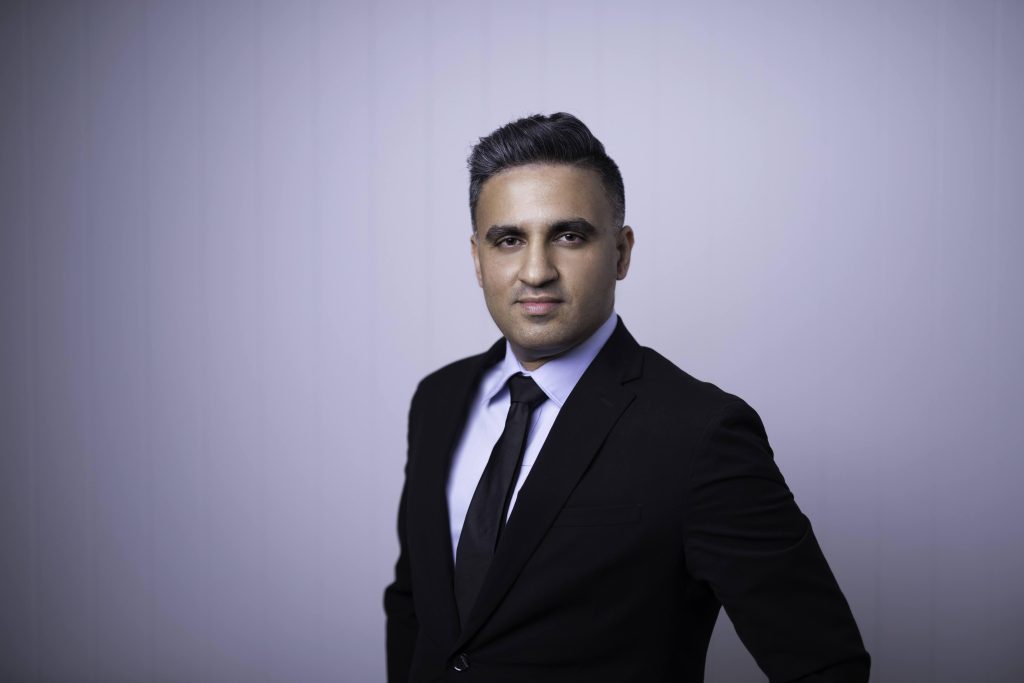Antiarrhythmic Drug Therapy

Personalised medication strategies to manage heart rhythm disorders
For many patients with heart rhythm disturbances, medication remains a key part of treatment. Antiarrhythmic drug therapy can reduce the frequency and severity of arrhythmias, restore normal heart rhythm, and alleviate symptoms such as palpitations, fatigue, or dizziness.
At his Sydney practice, A/Prof Saurabh Kumar provides expert management of antiarrhythmic medications tailored to each patient’s unique condition, medical history, and goals. As both a Cardiologist and Interventional Electrophysiologist, he combines pharmacological expertise with deep experience in rhythm management—offering a balanced, evidence-based approach to care.
When is Antiarrhythmic Drug Therapy Used?
Antiarrhythmic medications may be recommended in the management of conditions such as:
- Atrial fibrillation (AFib)
- Atrial flutter
- Supraventricular tachycardia (SVT)
- Ventricular ectopy or ventricular tachycardia
In some cases, medications are used to restore normal rhythm (rhythm control), while in others they are used to slow the heart rate and control symptoms (rate control). The choice between these approaches depends on the type of arrhythmia, symptom burden, and the patient’s overall heart health.
In Australia, atrial fibrillation affects more than 500,000 people and is a major contributor to stroke, heart failure, and reduced quality of life. Medications are often the first line of treatment, particularly in early stages or where procedures such as ablation are not yet indicated.

Services Offered
Prescription and Titration of Antiarrhythmic Medications
A/Prof Kumar is experienced in prescribing a range of medications including:
- Amiodarone – often used for persistent AF or ventricular arrhythmias
- Sotalol – a beta-blocker with antiarrhythmic properties
- Flecainide – commonly used for paroxysmal AF or SVT in selected patients
Each medication has a specific role, profile of side effects, and monitoring requirements. A/Prof Kumar carefully adjusts dosing and evaluates response to ensure the best possible outcome with the lowest risk.
Risk-Benefit Evaluation of Rhythm vs. Rate Control
Determining whether to maintain normal rhythm or focus on controlling the heart rate is a critical decision in arrhythmia management. A/Prof Kumar considers clinical guidelines, patient preferences, and individual risk factors to guide this decision collaboratively.
Anticoagulation Management in Atrial Fibrillation
Many patients with AFib require blood thinning medication to reduce stroke risk. A/Prof Kumar provides guidance on the use of NOACs (non-vitamin K oral anticoagulants), including:
- Apixaban
- Rivaroxaban
- Dabigatran
He ensures each patient is appropriately risk stratified using tools such as the CHA₂DS₂-VASc score and reviews bleeding risks before starting therapy.
Shared Care with GPs For Long-Term Medication Monitoring

Take Control of Your Heart Health Today.
A/Prof Saurabh Kumar brings over 15+ years of clinical expertise to the care of patients with heart rhythm disorders and general cardiac conditions. He is widely regarded within the Australian cardiology community and internationally for his depth of knowledge, collaborative style, and commitment to patient-centred care.
He holds dual roles as a Staff Specialist Cardiologist and Cardiac Electrophysiologist at Westmead Hospital and Clinical Associate Professor of Medicine at the University of Sydney. He currently serves as the Program Director for Ventricular Arrhythmias and Sudden Cardiac Death at Westmead Hospital and is the Translational Electrophysiology Lead at the Westmead Applied Research Centre, University of Sydney.